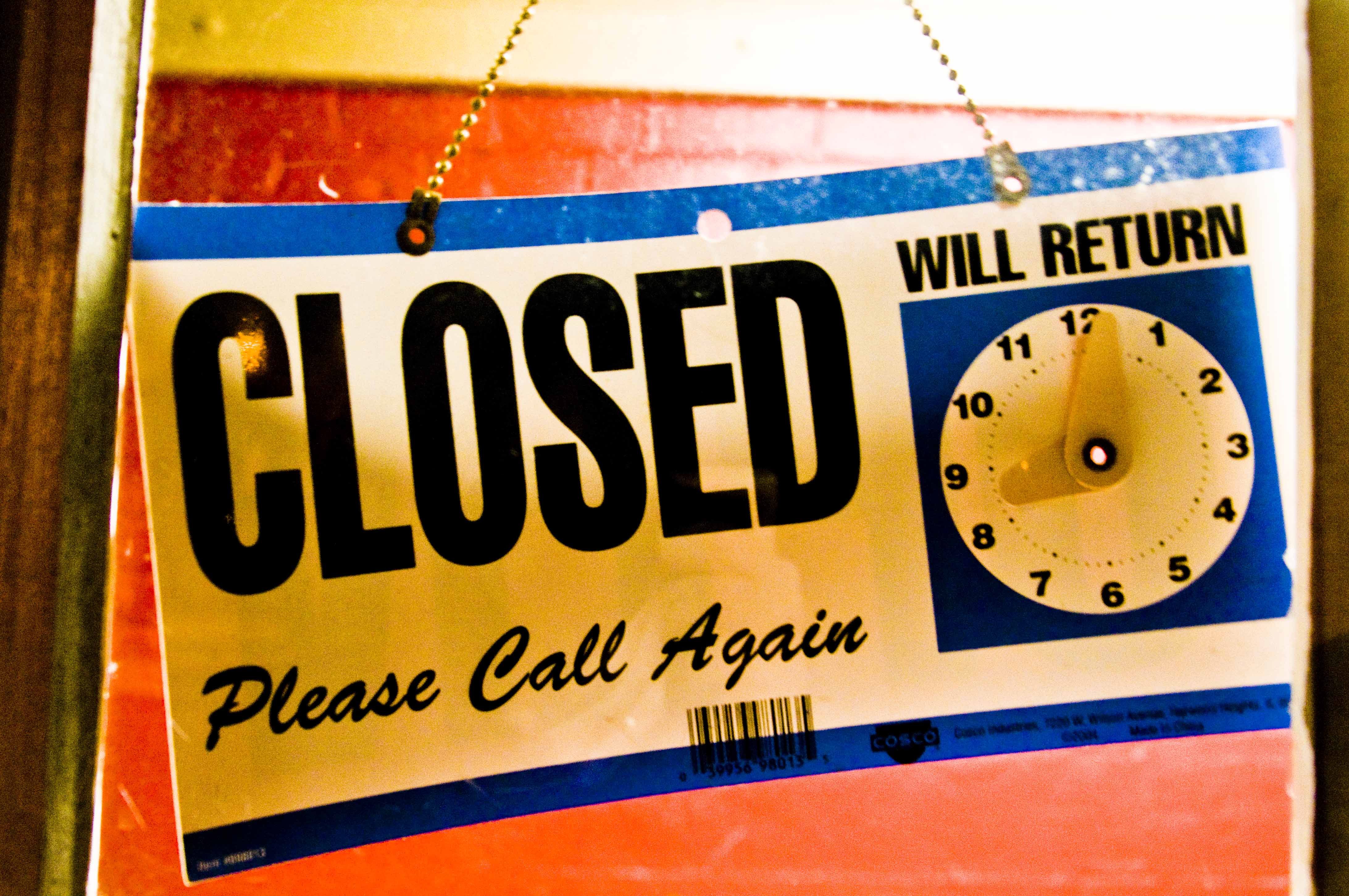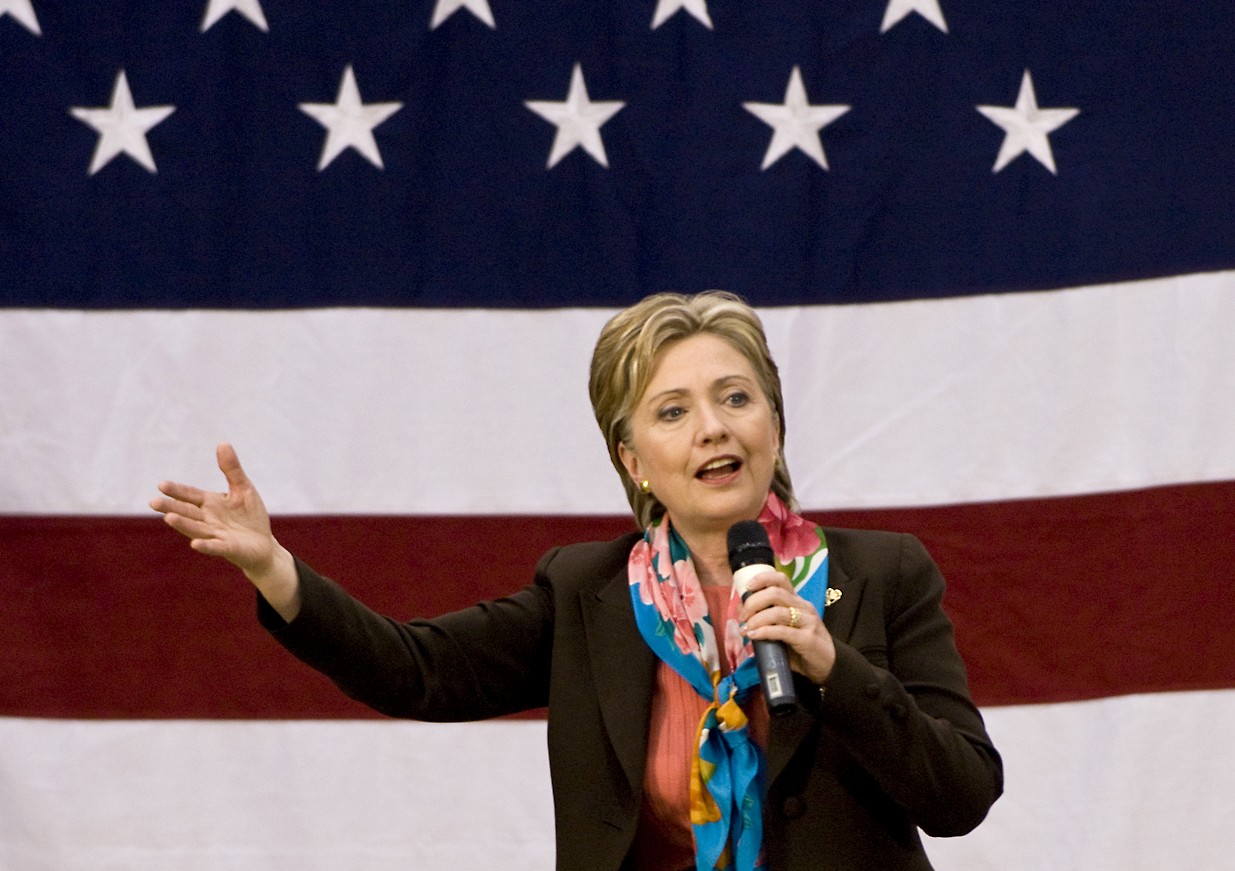On April 15th at 2:49 p.m., two massive explosions detonated at the finish line of the Boston Marathon.1 Cheers were quickly replaced with screams of horror, celebration with mayhem. The two suspects believed to be responsible for this tragedy, Tamerlan and Dzhokhar Tsarnaev, allegedly used simple household items and over-the-counter materials to wound 264 people and kill three others. 2,3 An attack like this one, using improvised explosive devices2 , invites comparisons to various international terror groups, namely Al Qaeda. As it turns out, the Tsarnaev Brothers had literally taken a page right out of Al Qaeda’s handbook.3 In the Global Age, where someone can instantly communicate with anyone in the world, what is the real power of international actors such as Al Qaeda? Even if it’s just their words and ideas, in the 21st century, words travel at the speed of light, and their impact can be devastating.
The Tsarnaev brothers, as revealed by Dzhokhar during an initial interrogation, were motivated by radical Islamist beliefs and learned how to make their deadly bombs from Inspire Magazine.3 Inspire is an English-language publication written by two Al Qaeda operatives, Samir Khan and Anwar Al-Awlaki, who were killed simultaneously in an American drone strike in September 2011.3 The magazine directs supporters in the United States to take the battle to the homefront, and calls on followers to cause destruction and chaos in any way they can. The Tsarnaev brothers answered that call. This tactic bolsters recruitment for Al Qaeda, as even postmortem (as is the case with Khan and Awlaki), their operatives can communicate with and radicalize anyone with internet access.
Inspire and other publications like it reflect a new strategy by Al Qaeda and their supporters.3 Due to the heavy losses in leadership resulting from the Global War on Terror and the escalation of drone strikes, Al Qaeda no longer has the organizational strength to orchestrate large, ambitious projects like the September 11th attacks.3 Instead, their focus has turned into a more local strategy, utilizing their global publicity to encourage followers in various nations to cause mayhem in any way they can.3 A similiar publication released by Al Qaeda operatives just one month before the Boston Bombings, titled The Lone Mujahid Handbook, acts as a do-it-yourself instruction manual complete with detailed images.3 The Handbook is even written in a shorthand comparable to a teenage text-message conversation.3 One such line reads, “R U dreamin’ of wagin’ jihadi attacks against kuffar (a term for non-believer)?”3 What this boils down to is that, like Dunkin Donuts or your local Arby’s, Al Qaeda is advertising to Americans.3
So where does this leave the Tsarnaev Brothers? While not allied with Al Qaeda, in a way, they were still trained by them. The real threat of Al Qaeda’s online ad campaign isn’t that they’re recruiting new supporters, but that they’re training American citizens with animosity towards their country in terrorist tactics. If our enemies abroad are training our enemies at home, who’s truly responsible for attacks like the Marathon Bombings? At the end of the day, while Al Qaeda itself mainly operates in one region of the world, their tactics are operating in the United States as we speak. We’re no longer just fighting physical enemies, we’re combating ideas. Ideas, and a powerful contempt for America.
Shakeir Gregory
Political Science ’16
Works Cited



